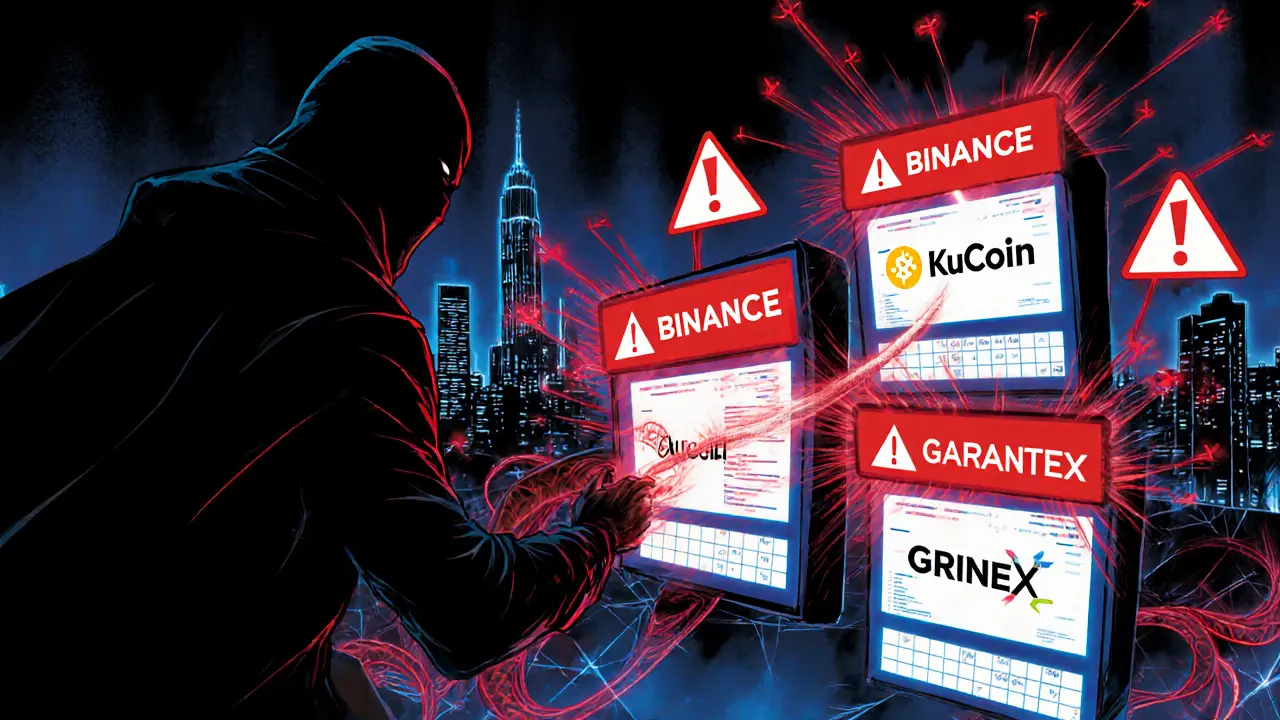KYC Bypass: What It Really Means and Why It’s Risky
When people talk about KYC bypass, the act of avoiding identity verification required by crypto exchanges and platforms. Also known as identity verification avoidance, it’s often sold as a way to trade anonymously or access services in restricted regions. But in reality, it’s rarely about freedom—it’s about ignoring legal and security boundaries that exist for a reason.
Most crypto platforms require KYC—not to spy on you, but to prevent money laundering, fraud, and terrorist financing. When you skip KYC, you’re not just avoiding paperwork; you’re stepping into unregulated spaces where scams thrive. Platforms like Zedxion Exchange and BTCC don’t support local compliance for a reason: they operate in legal gray zones. Users who try to bypass KYC on these platforms often end up with no recourse if funds disappear. Even worse, some services pretending to offer KYC bypass are outright scams, stealing your private keys or tricking you into sending crypto to fake wallets.
Regulators are catching up fast. The UK’s OFSI reported a 7% rise in crypto-related sanctions violations last year, and many of those cases started with someone trying to avoid KYC. It’s not just about getting caught—it’s about losing everything. You can’t recover funds from a decentralized exchange that doesn’t verify users. You can’t appeal to customer support if you never gave them your ID. And if you’re using a tool or service that advertises KYC bypass, chances are it’s built to exploit people who don’t understand the risks.
Some try to bypass KYC using privacy coins, mixers, or offshore exchanges. But these methods don’t make you anonymous—they make you a target. Blockchain analysis firms track these flows. Exchanges flag accounts linked to mixers. And when a bank shuts down a crypto-friendly payment processor, users who avoided KYC are the first to lose access. Real privacy comes from using regulated platforms with strong security, not from hiding in plain sight.
If you’re in a country with strict crypto rules, you might feel trapped. But there are legal alternatives: moving to a crypto-friendly jurisdiction, using decentralized exchanges with no KYC (and accepting the risks), or waiting for official solutions to emerge. The posts below show you exactly what’s happening in the wild—from fake airdrops promising KYC-free tokens to exchanges that claim to skip verification but are actually scams. You’ll see real examples of what goes wrong, who gets hurt, and how to spot the red flags before it’s too late.
Using multiple crypto exchanges to avoid restrictions may seem smart, but it often leads to frozen funds, legal trouble, or fines. Learn the real risks behind nested exchanges, sanctions evasion, and why regulators are cracking down in 2025.

